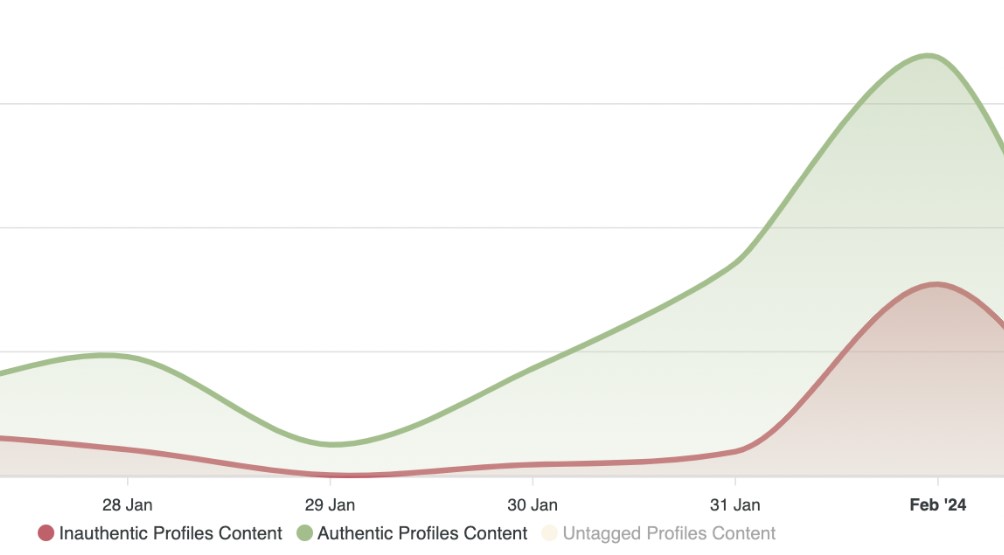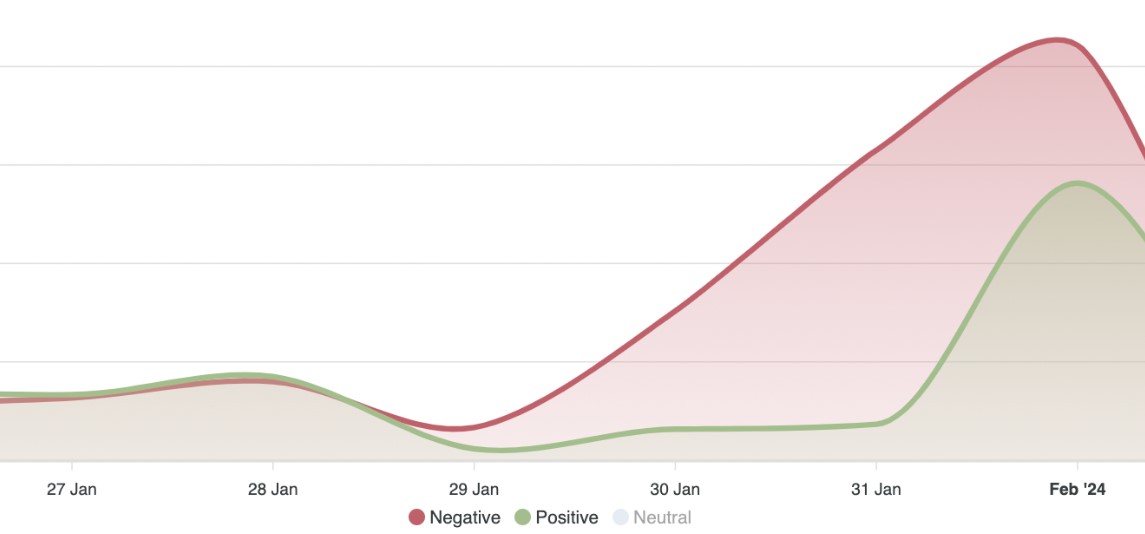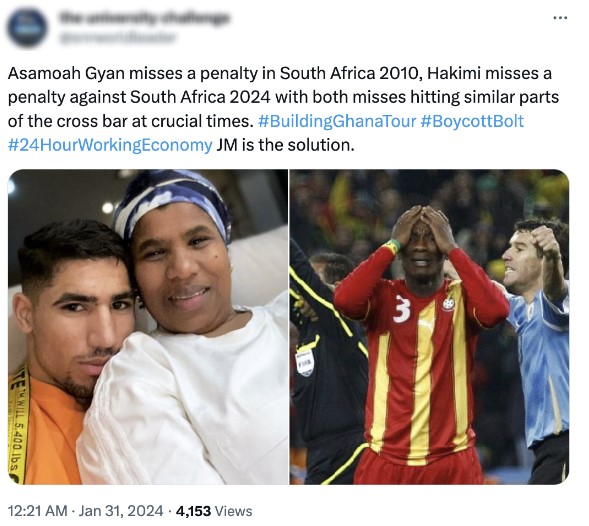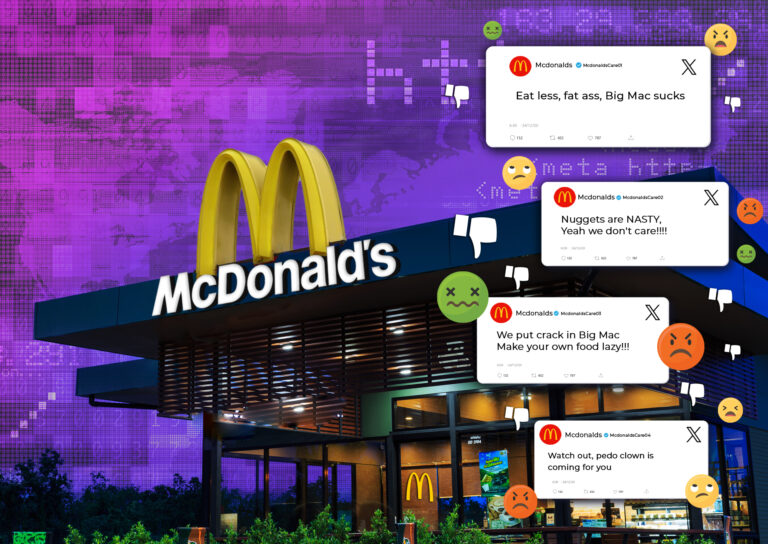At the end of January, ride-hailing company Bolt faced a PR crisis with a lot of the conversation playing out on X (Twitter). As Bolt grappled with the situation and disgruntled customers, bots seized the trending topic for their own agenda. Cyabra uncovered that 20% of the profiles in the conversation were fake, demonstrating the huge impact they can have on discourse in general, and on the world of brand reputation and PR crisis in particular.
TL;DR?
- #BoycottBolt started trending at the end of January
- The hashtag was picked up by bots, utilized for a fake campaign which incited hatred and negativity
- 20% of the profiles were fake. Some of the bots used the hashtag’s virality to spread unrelated topics.
Share Your Ride With Bots? Y | N
Bolt is a mobility company that offers ride-hailing, food and grocery delivery, and car-sharing services. Bolt is available in 45 countries across Europe, Africa, Latin America, and Asia. The current PR crisis started in Ghana when a customer reported that she was assaulted by her Bolt driver. The customer demanded that Bolt release the driver’s full details, return her phone which the driver stole, and compensate her for the physical and emotional damage.
The post that started the protest.
The post ignited the #BoycottBolt calls, which quickly spread to the international Bolt brand. The protest was initially led by authentic profiles who supported justice for the victim, criticized Bolt and other ride-hailing apps, such as Uber, Lyft and Curb and others, for compromising the safety of passengers, particularly women, and demanded that Bolt demonstrate accountability for the actions of their drivers.

Fake profiles have entered the conversation after the hashtags #BoycottBolt and #CancelBolt started picking up on January 31. 20% of the profiles that discussed Bolt were fake. Most of the fake accounts actively promoted the hashtags within relevant conversations, pushing the boycott and urging others to delete the app.
Fake profiles latched onto the hashtag around January 31.Typically, fake profiles contribute to the propagation of dismay, hostility, distrust and other negative emotions. In the graph below, it is evident that bots and other fake profiles fueled the negative discourse, significantly influencing its spread among authentic profiles and the virality of the topic.

Another interesting phenomenon that Cyabra witnessed in previous cases is fake profiles using trending hashtags to promote completely unrelated topics. Those fake profiles are part of a coordinated influence operations campaign, created to make a specific topic viral. The fake accounts scan the most viral hashtags in every country and use them to reach a wider audience. Check out the examples below, where the hashtag #BoycottBolt was used in a completely irrelevant post, simply for its potential to trend.


Fake profiles spread completely unrelated topics.
When Fake Campaigns Hitch a Ride
By the time Bolt Ghana released a statement regarding the incident, the hashtag was trending worldwide, spread further by fake profiles. The identity of the fake profile’s operator remains unknown: who would be trying to harm Bolt’s reputation by creating a fake campaign? Would people who dislike them go to that length? Could it even be a competitor looking to amplify negative discourse? And would Bolt have reacted differently had they been aware of the extent to which the conversation was hijacked by fake profiles?
One thing is certain: global companies have to take a different approach when dealing with crisis management. Identifying fake profiles and detecting their effect on the conversation requires introducing our marketing teams and agencies to new technologies and tools. If you’d like to learn more about smarter crises management, contact Cyabra.


